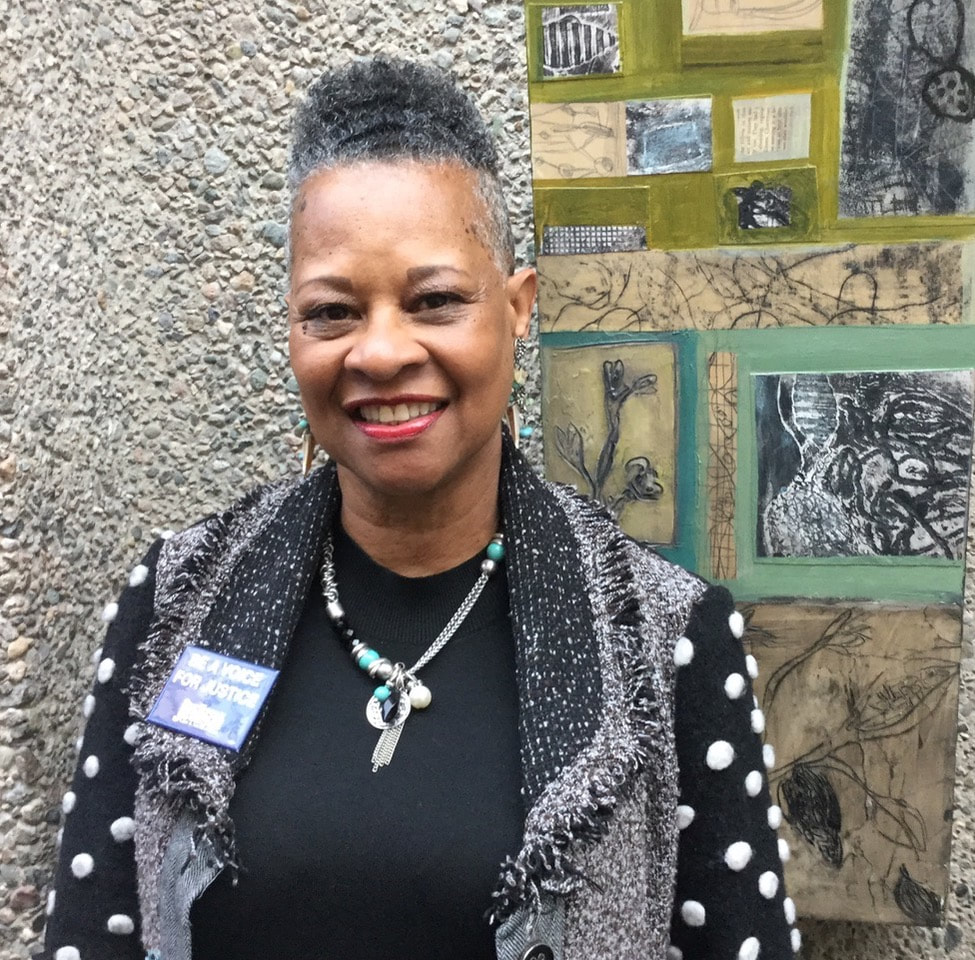GBIO fights for criminal justice reforms – and wins – as Governor Baker signs historic MA bill4/16/2018
“When We Fight, We Win!”
Leaders from the Greater Boston Interfaith Organization, and allies, chanted in victory at the MA Statehouse on April 13th as Governor Baker signed a sweeping criminal justice bill into law – the first of its kind in decades. Since 2015, GBIO has fought for strong reforms by targeting four issues, designed to reduce barriers to a fair criminal justice system that have disproportionately affected poor people and people of color. All four of GBIO’s priority issues were included in the recent law:
Beverly Williams, co-chair of GBIO’s Criminal Justice Team said, “The new law is not perfect, but it is meaningful legislation for Massachusetts. Reform leaders worked tirelessly for 3 years to make this happen.” Through legislator meetings, relationship building, and a series of large actions, GBIO helped shape comprehensive Criminal Justice reform bills that, despite early resistance, passed the House and Senate by veto-proof majorities in late 2017. A reconciliation bill proceeded behind closed doors for 4 months. The ultimate bill included GBIO’s four issues, as well as many other issues of interest to GBIO and allies. It passed unanimously in the Senate (37-0) and nearly unanimously in the House (148-5) and was signed by Massachusetts Governor Charlie Baker. Co-Chair Alan Epstein said, “It is a huge step forward for the state in our efforts to reduce mass incarceration, eliminate racial disparities, reduce costs and introduce fairness, compassion and intelligence into our criminal legal system. Everyone in Massachusetts will benefit from what we did.” Read more here: http://baystatebanner.com/news/2018/mar/29/criminal-justice-reform-bill-turning-point-massach/
As a result, all four of GBIO’s issues were addressed in October’s ground-breaking Senate Bill CLICK HERE FOR STORY, as well as the House’s slightly more conservative November bill, described by the Boston Globe CLICK HERE FOR STORY as the house’s "most sweeping criminal justice bill in years.” Details are now being worked out in conference committee.
Beverly is most proud of GBIO’s success on mandatory minimums. “Nothing had moved on this issue for 18 years,” says Beverly. “When the Council of State Government did a study of our MA criminal justice system, back in 2016, mandatory minimums were not even under review. For us to have pushed it, and now it’s in conference, that’s a big deal!” Beverly’s passion for this issue is deeply personal. “In my community, the reality is most young men between 18 and 25 are locked up. I could see that locking people up and punishing them, especially in low-level crimes, was not the answer.” She was determined to change a system that left many low-income people and people of color locked in a cycle of incarceration and poverty. As Beverly became more involved in the fight for justice, she realized, “It wasn’t just about investing in the issue but about investing in myself. For me to have an impact, I had to develop my own leadership skills.” She attended an IAF regional training and built new skills by diving into the work, taking on new roles, even when she wasn’t sure she was ready. “I had to build relationships with powerful people, with people in the streets, with people I hadn’t had relationships with before. In having these relationships, in listening to other peoples’ stories and impressions and thoughts, I learned more about myself. I learned to be comfortable in uncomfortable situations.” Although she is honored to receive the Community Champion Award, Beverly is clear that there is “still much more work to be done.” Of the House and Senate bills, she says, “if we get a major win out of this, there are going to be more people out of prisons and we need to keep fighting for them. We need to make sure they get much-needed services. We need to get them into jobs.” In the final hours before a House vote on criminal justice reform, GBIO clergy led close to 200 of our members in a rally pushing for changes in state criminal justice laws. Majority Whip Byron Rushing thanked GBIO for the work we’ve done so far, and urged us to keep the pressure on during the last hours of debate.
Retired Judge Nancy Gertner and several House Reps joined clergy in calling for a criminal justice system that addresses racial and income disparities in sentencing, removes fees and penalties that keep people trapped in the prison system, and spends tax dollars on treating, rather than punishing low level drug offenders with addictions and/ or mental health issues. |
Categories
All
Archives
March 2024
|






